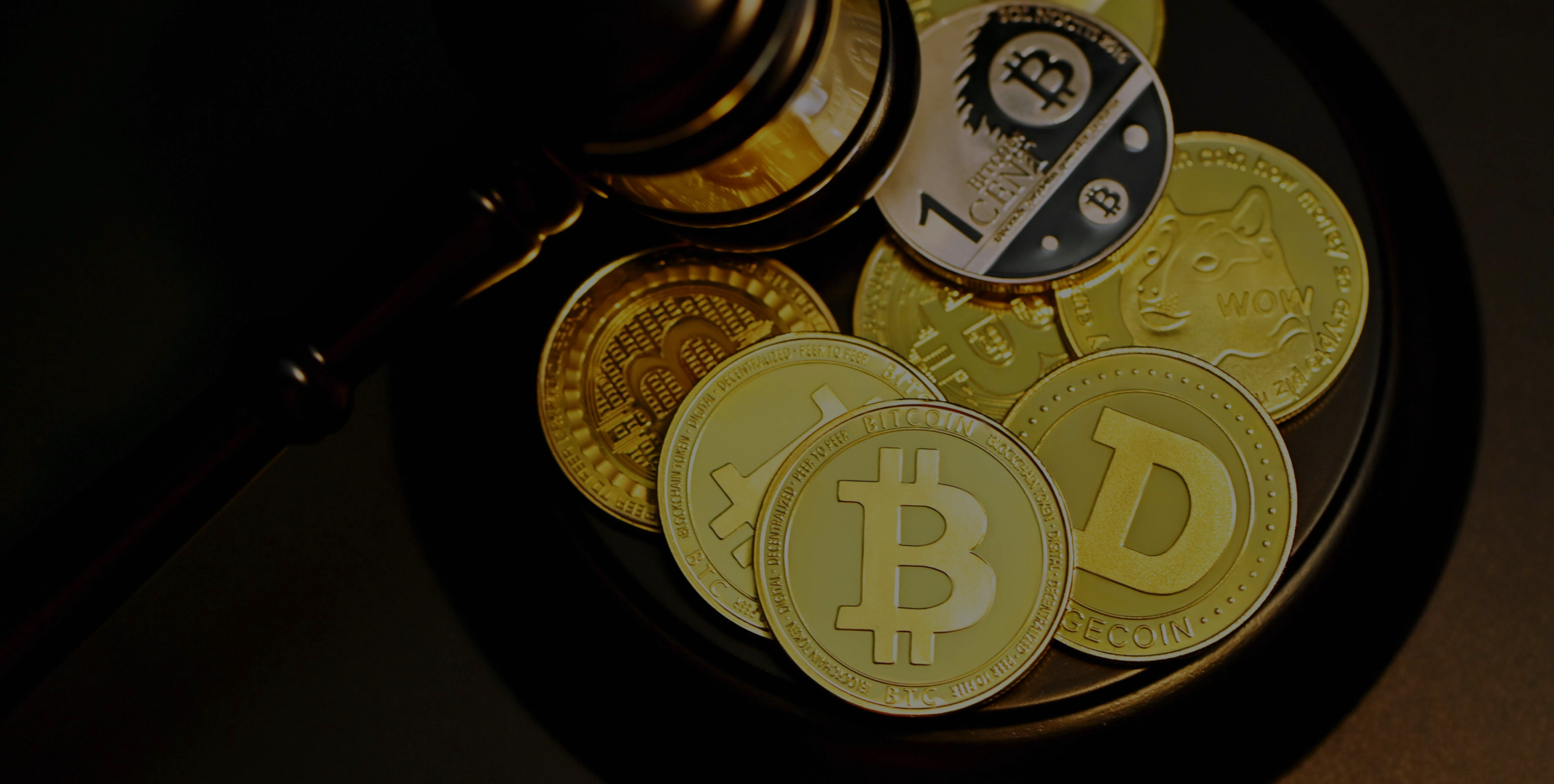Stage One: Introduction (2010 – 2016)
Crypto exchanges began during the early 2010s when people began transacting in digital assets eg. bitcoin. By 2013, numerous exchanges had popped up in different parts of the world.
Prior to applicable regulation and institutional-grade users, it was usual for exchanges not to pay a lot of attention when selecting a country of registration – or not to have one at all.
Stage Two: Adoption (2017 – 2018)
A significant increase in the price of bitcoin and the introduction of Initial Coin Offerings (ICOs) led to a situation where many governments had to act fast to protect their citizens from potentially fraudulent activities. This sometimes resulted in banning cryptocurrencies completely.
Old exchanges started moving locations, and new exchanges became more selective when choosing a location to register. China’s activities shrunk considerably, due to the statement in 2017, from the People’s Bank of China issued a statement prohibiting crypto trading in China.
Stage Three: Regulation (2019 – 2021)
Most countries have now adopted frameworks regarding crypto, mainly driven by AML regulations. Compliance costs for exchanges have increased significantly, which has led to exchanges stopping their operations completely or moving to an offshore location.
In addition, a steady inflow of institutional customers has meant that any cryptocurrency exchange open for business in 2021 needs to be fully compliant and licensed. We can see that exchanges registered in G20 countries dominated the early years of bitcoin transactions but have lessened considerably as exchanges in countries outside the G20 have launched.
Stage Four: Peer-to-Peer (2021 – )
In recent years, the authorities have also realized that crypto transactions undertaken via peer-to-peer (P2P) exchanges must be brought under the ambit of regulations. In November 2020, the Financial Action Task Force (FATF) announced its plan for clearer P2P regulations.
Similarly, decentralized finance (DeFi) has also become a major phenomenon in recent years. This technology has managed to replace intermediaries such as exchanges, banks, and other market makers. However, there has been a lack of regulation governing DeFi. Regulatory bodies have to figure out new ways to ensure that all stakeholders are abiding by the rules.
Non-Fungible Tokens (NFTs) are emerging as a popular way to prove the ownership of a digital asset. Unfortunately, the current regulations governing blockchain transactions were not designed in such a manner that they accommodate NFTs. In the future, regulatory bodies may have to classify NFTs as commodities in order to develop appropriate regulations.
The role of international and local bodies continues to evolve. Bodies such as The Financial Crimes Enforcement Network (FinCEN) and the Financial Conduct Authority (FCA) UK are also working towards developing and refining regulations pertaining to cryptocurrency transactions.
As regulations become increasingly refined, it is likely that all stakeholders will benefit even more. Regulations pertaining to newer forms of transactions are also starting to take shape. It will be interesting to note how the authorities tackle these issues without causing disruptions.
Book a call with us here to learn how Crystal can help transform your approach to crypto compliance.



